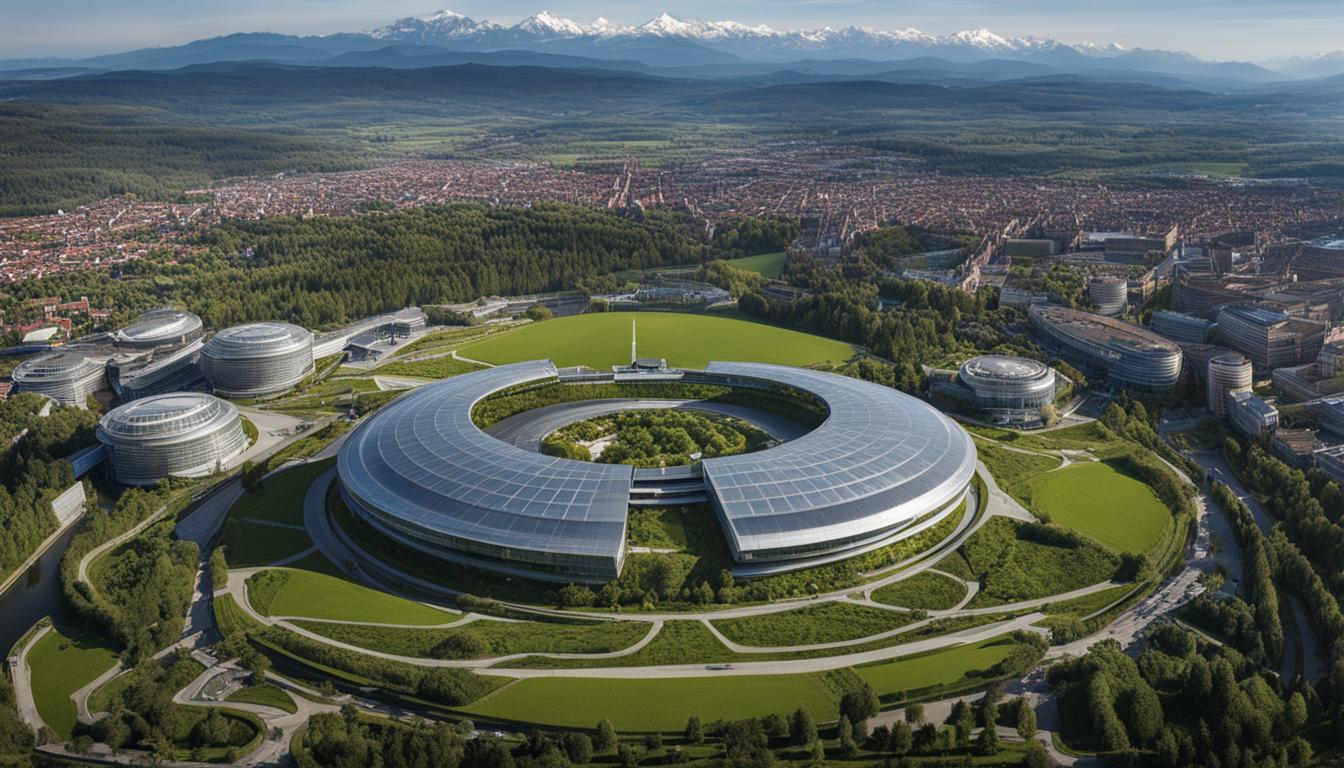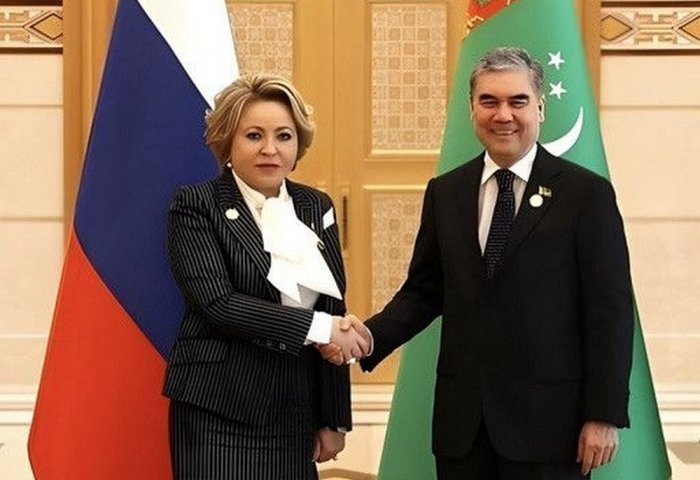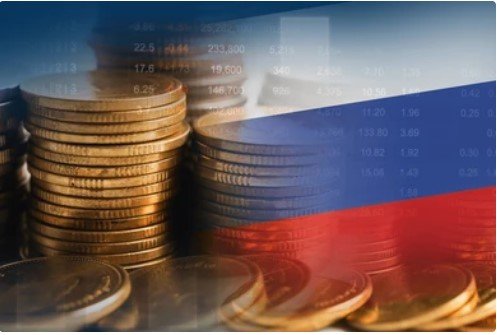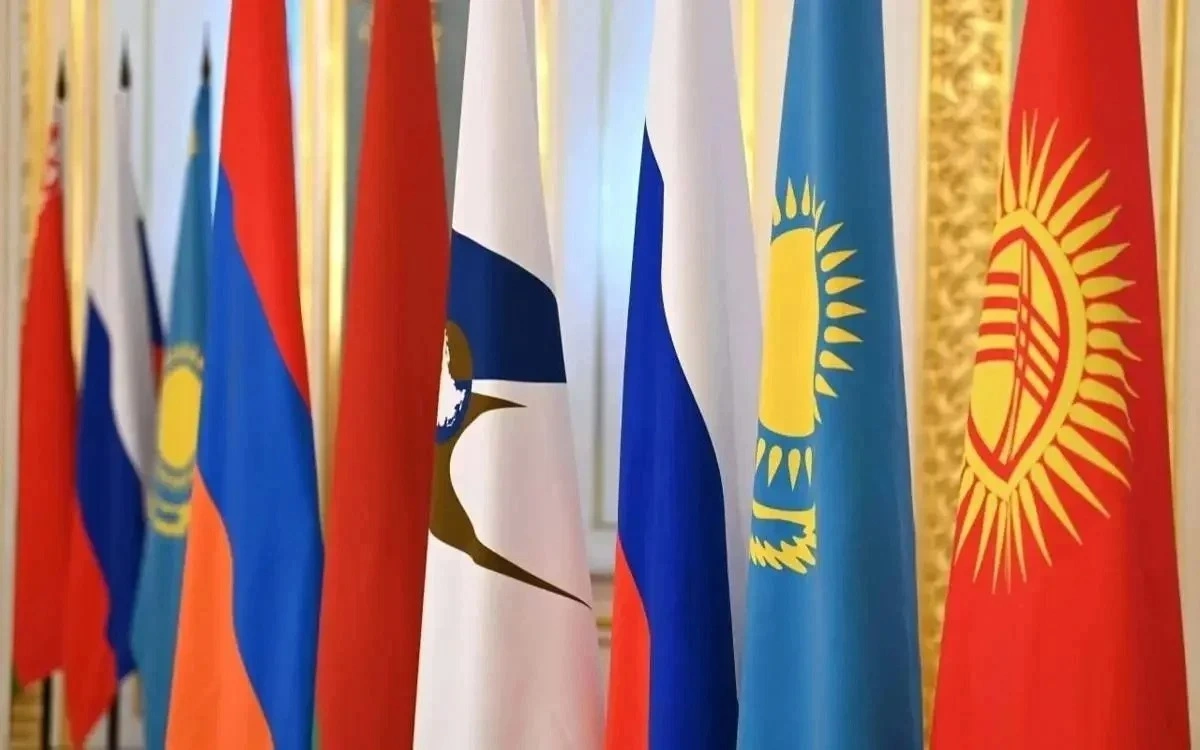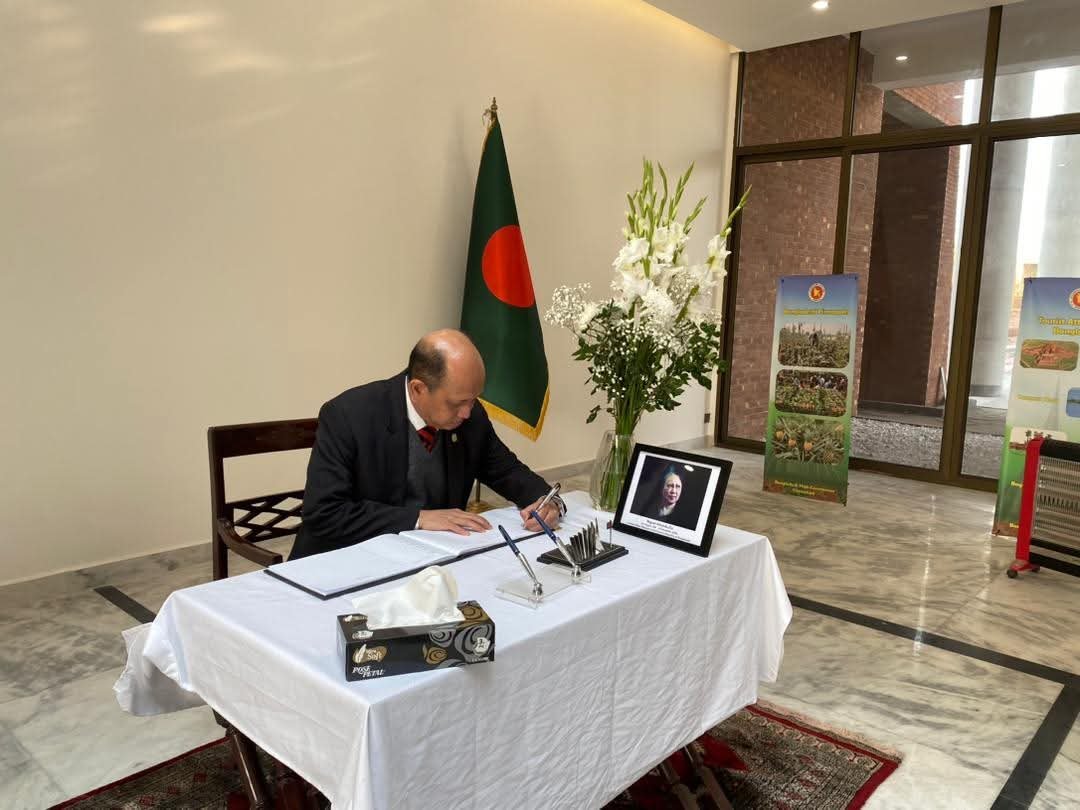Geneva, December 2, 2024 — The Europe Today: The European Organization for Nuclear Research (CERN) has officially ended its six-decade partnership with Russian scientific institutions, citing geopolitical concerns following the ongoing conflict in Ukraine. The termination, effective after November 30, marks a significant shift in international scientific collaboration, impacting hundreds of Russian researchers.
CERN, governed by 24 member states, suspended Russia’s observer status in March 2022 after the escalation of hostilities in Ukraine. Last December, the organization announced it would not renew agreements with Russia and Belarus. A CERN spokesperson confirmed that around 500 Russian and 15 Belarusian scientists affiliated with the research center will be affected.
“CERN is an international organization, but it is not an island. It’s not acceptable to support scientific research when wars are taking place between countries which once had staff who worked together at CERN,” the spokesperson said, emphasizing that activities with Russian institutions were suspended shortly after the conflict began.
Russian officials criticized the decision as politically motivated. Kremlin education and science adviser Andrey Fursenko claimed foreign scientists had expressed a desire to maintain cooperation but faced pressure from Ukraine, an associate member of CERN. According to Fursenko, a proposal to extend the agreement fell just one vote short of approval.
Moscow condemned the move as discriminatory, with Russian Foreign Ministry spokeswoman Maria Zakharova stating in March that Western nations were increasing pressure on Russia in “the field of fundamental science.”
CERN’s collaboration with Russian scientists dates back to 1964, initially with the USSR. While Russia applied for associate membership in 2012, it withdrew the application in 2018, maintaining observer status since 1991.
Russia has been a significant contributor to CERN’s projects, notably the construction of the Large Hadron Collider (LHC), the world’s most powerful particle accelerator. The LHC’s groundbreaking discoveries, including the confirmation of the Higgs boson, were achieved with Russian support, underscoring the deep scientific ties now severed.
The fallout highlights the increasing influence of geopolitical tensions on global scientific cooperation, raising concerns over future collaborative research initiatives.
